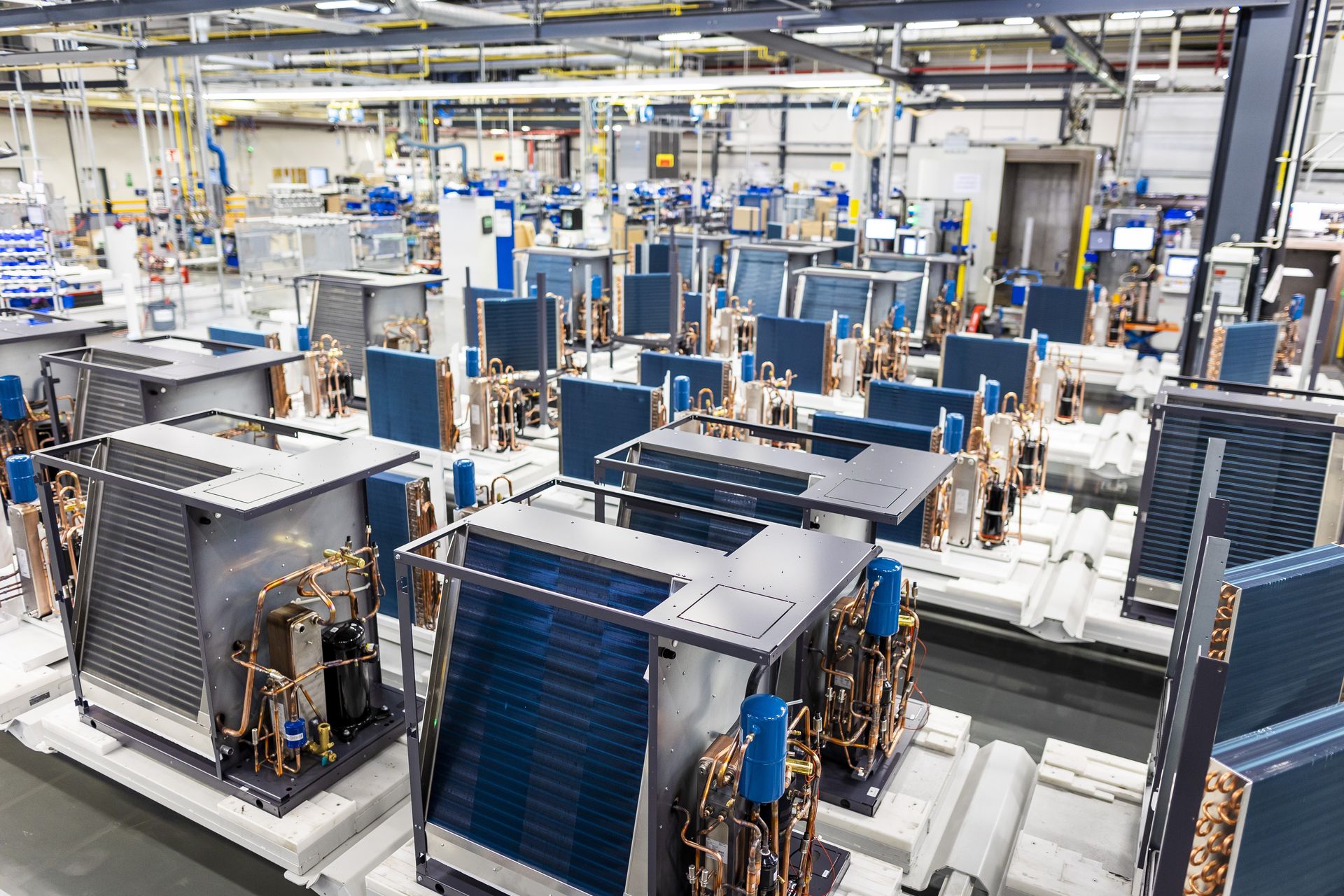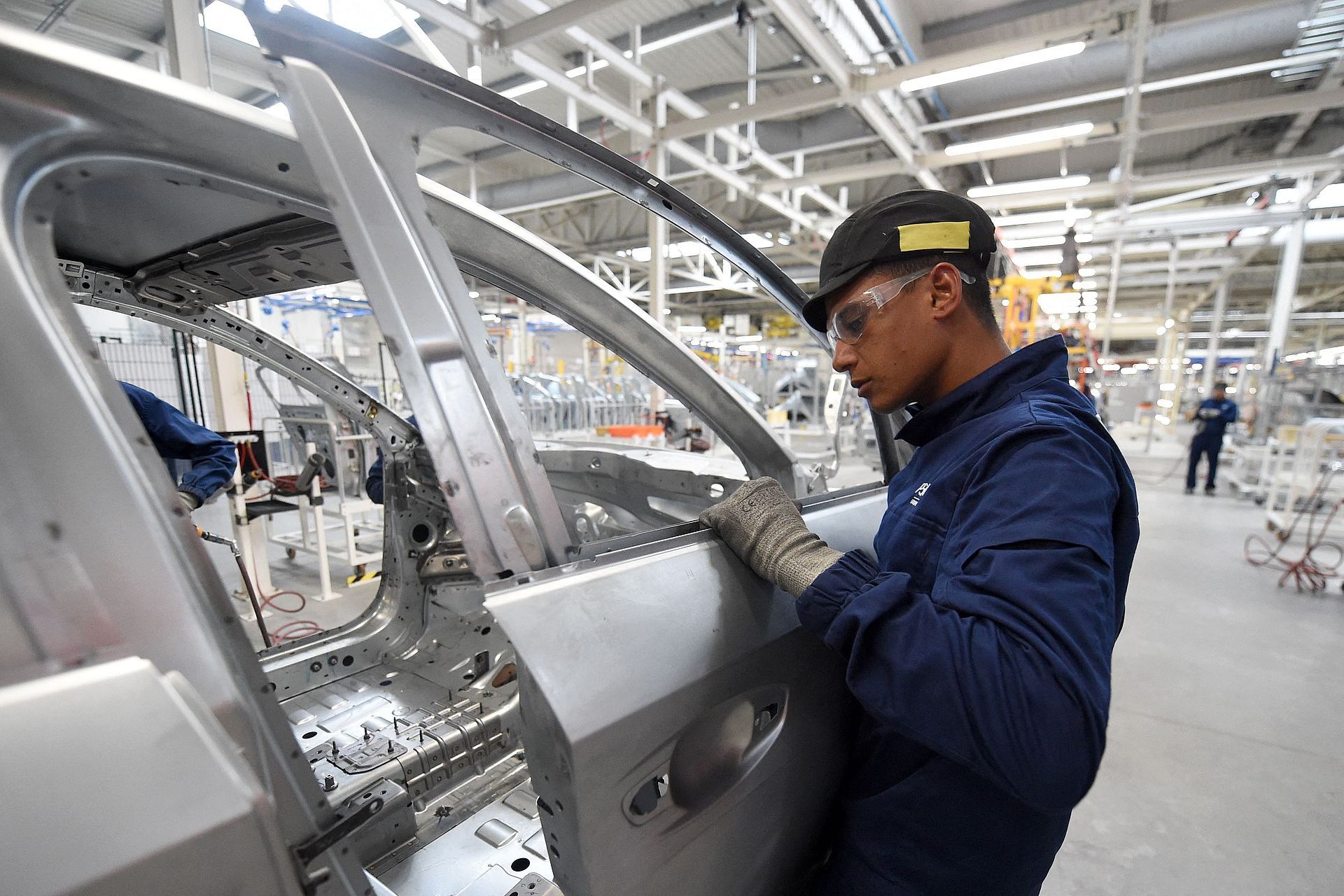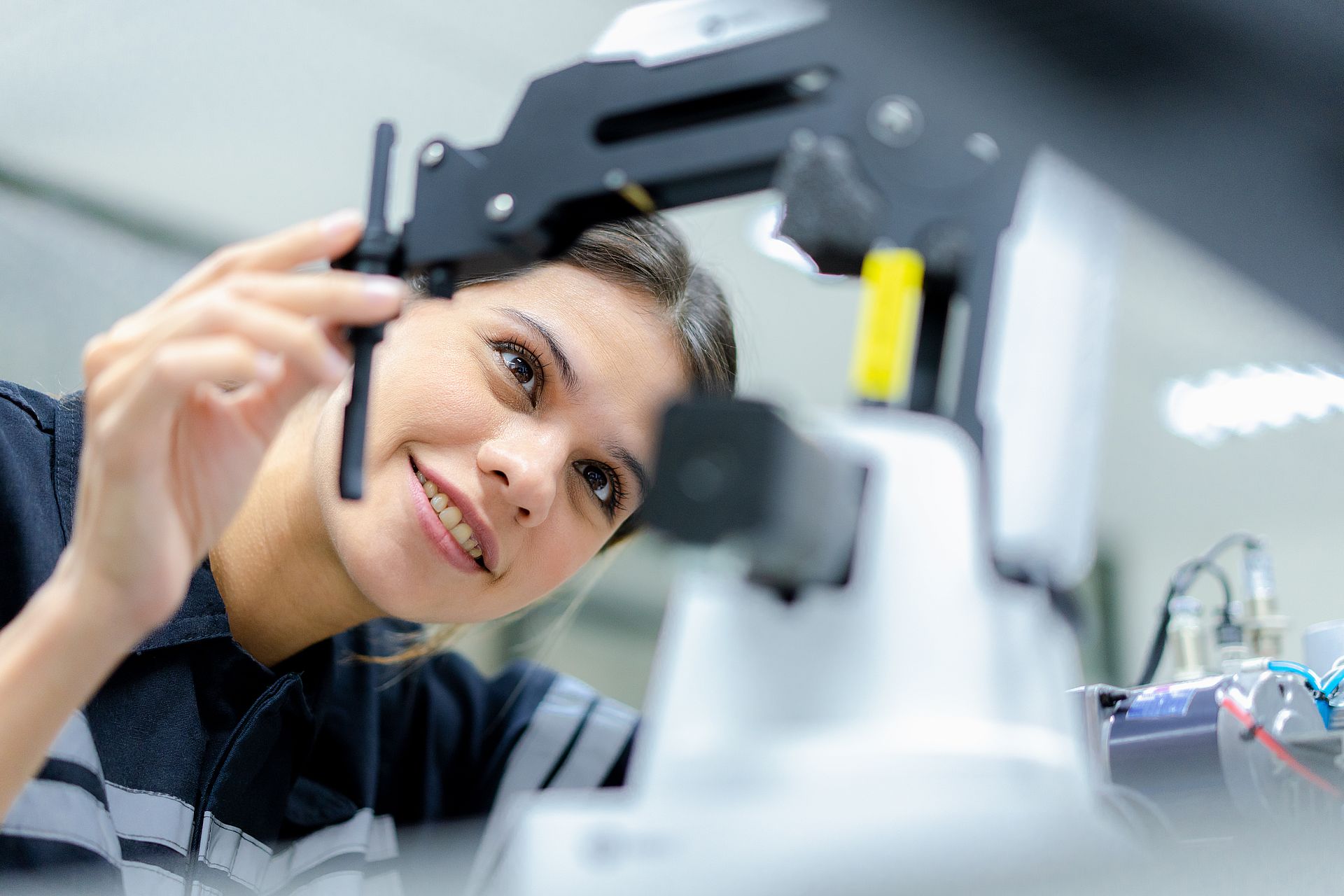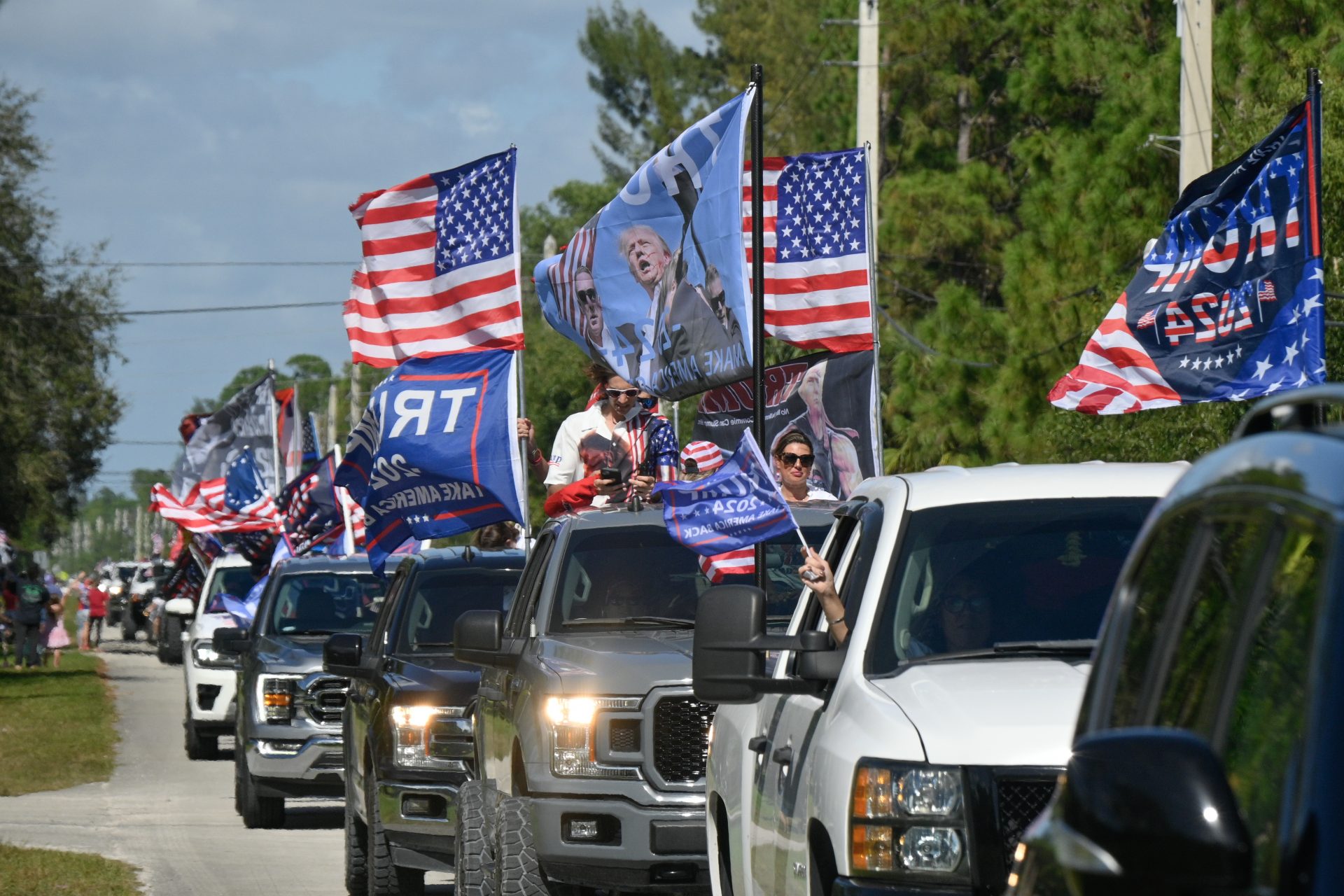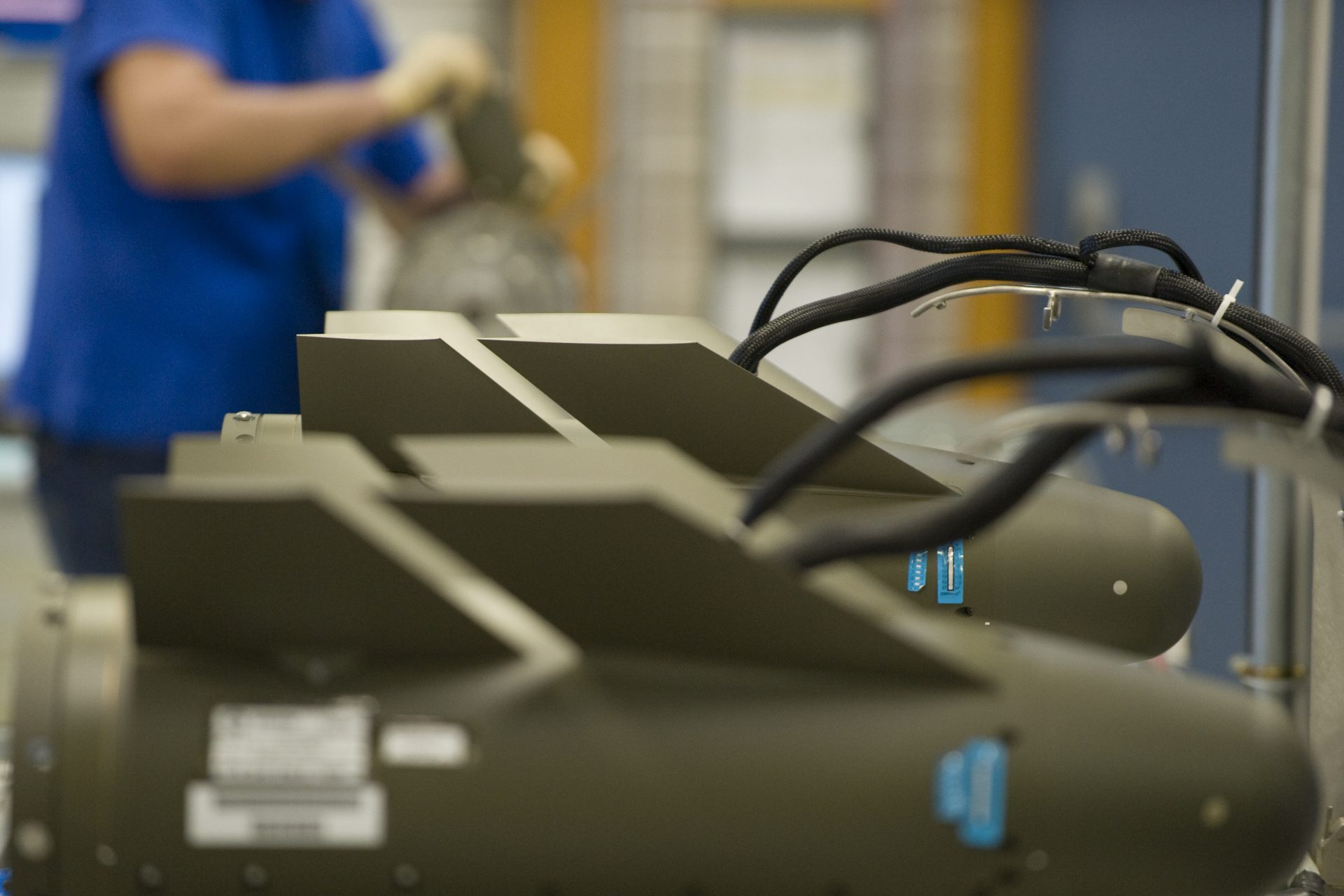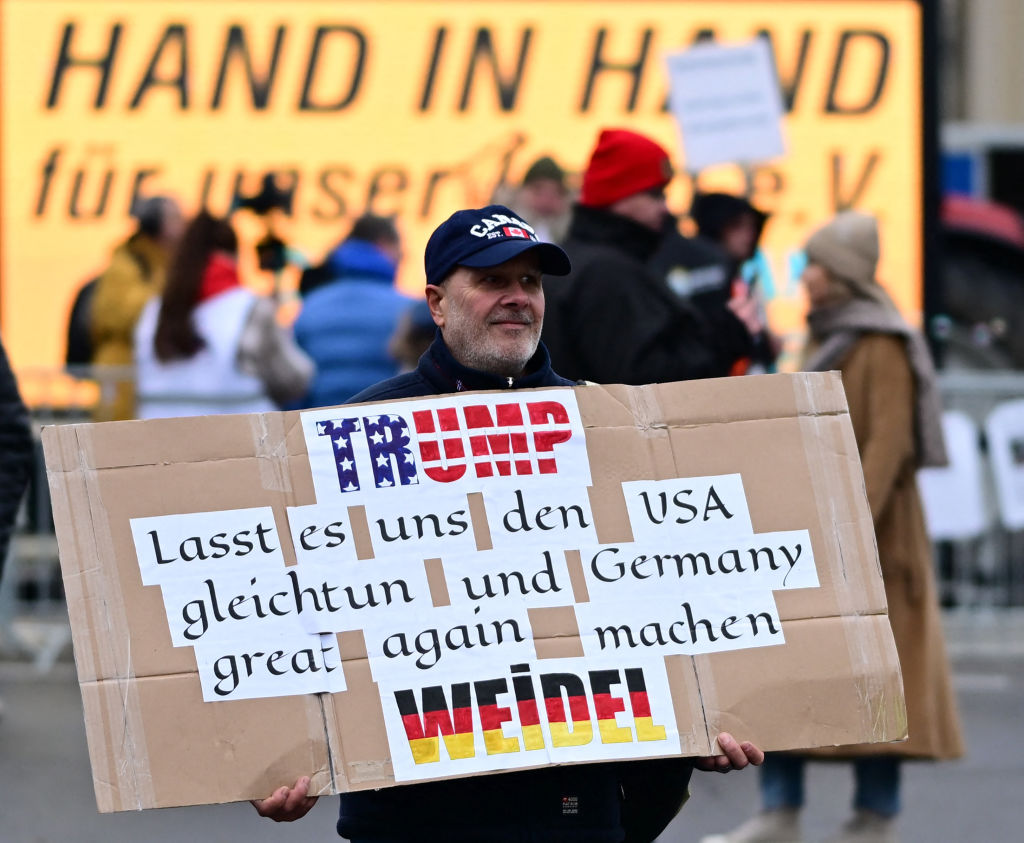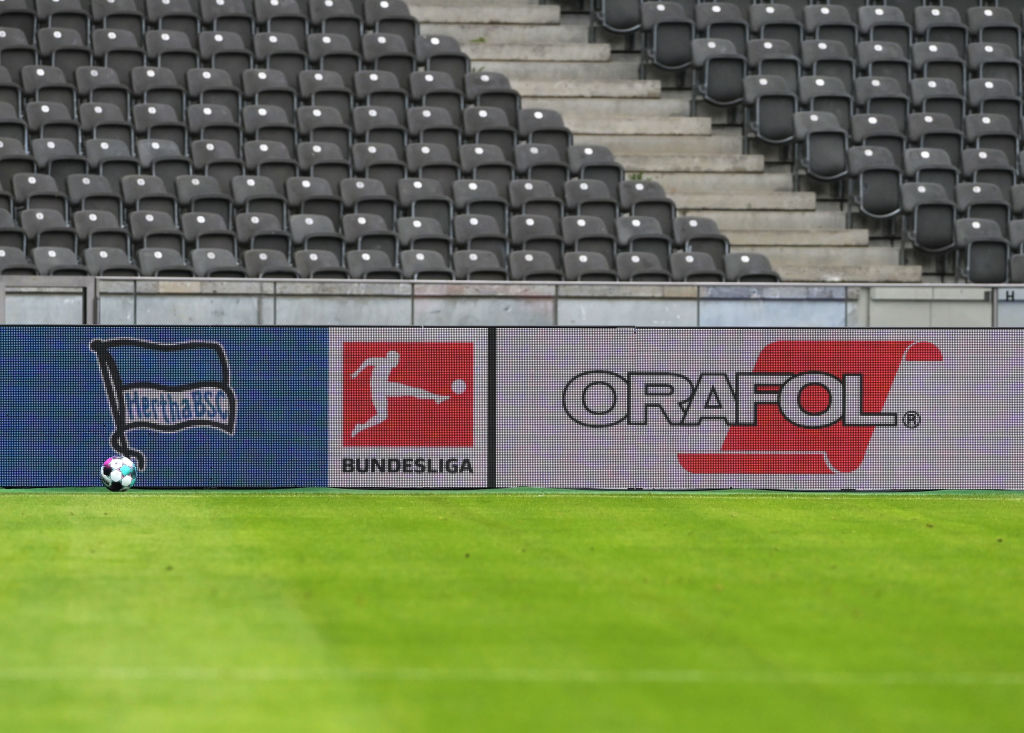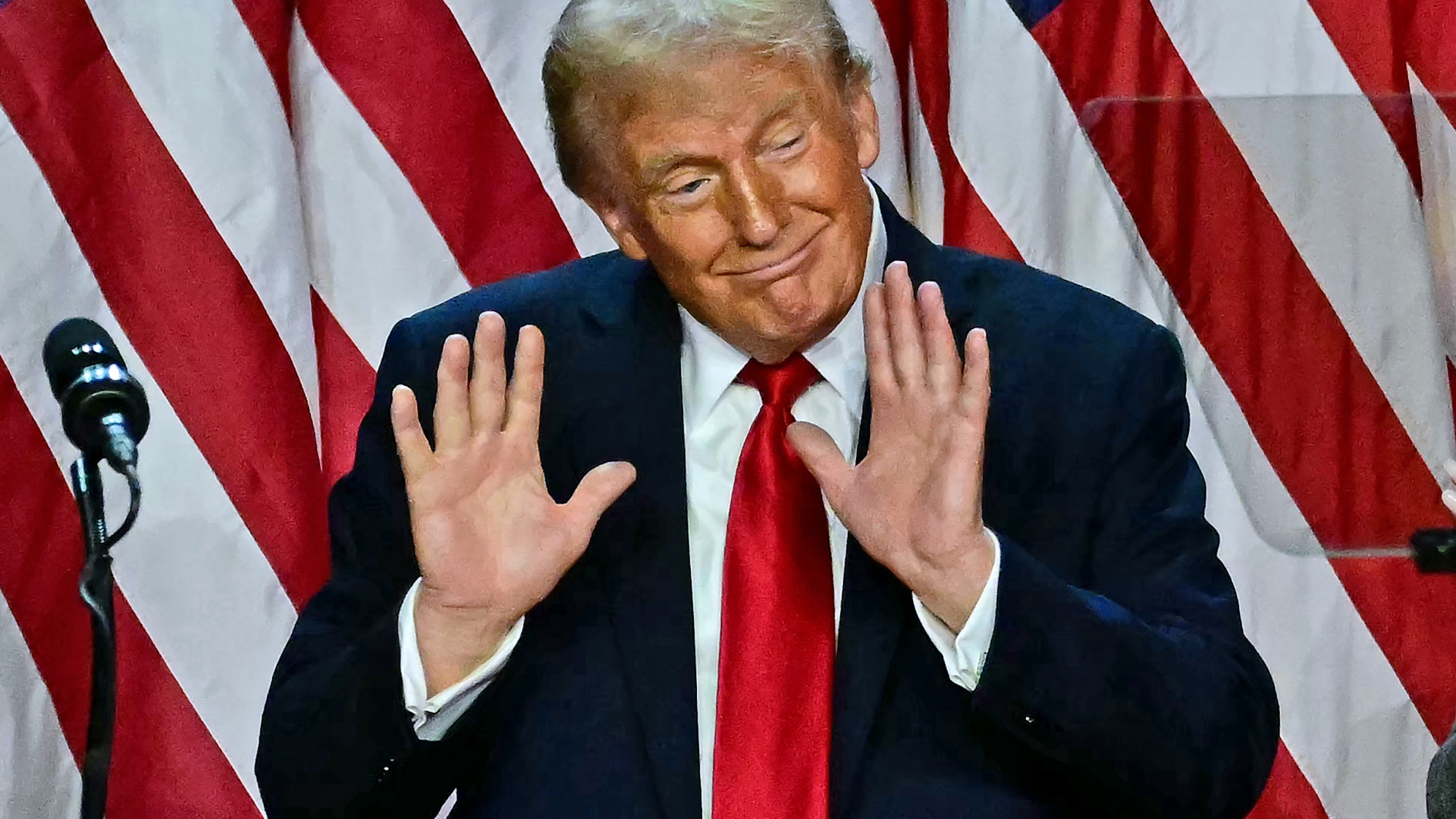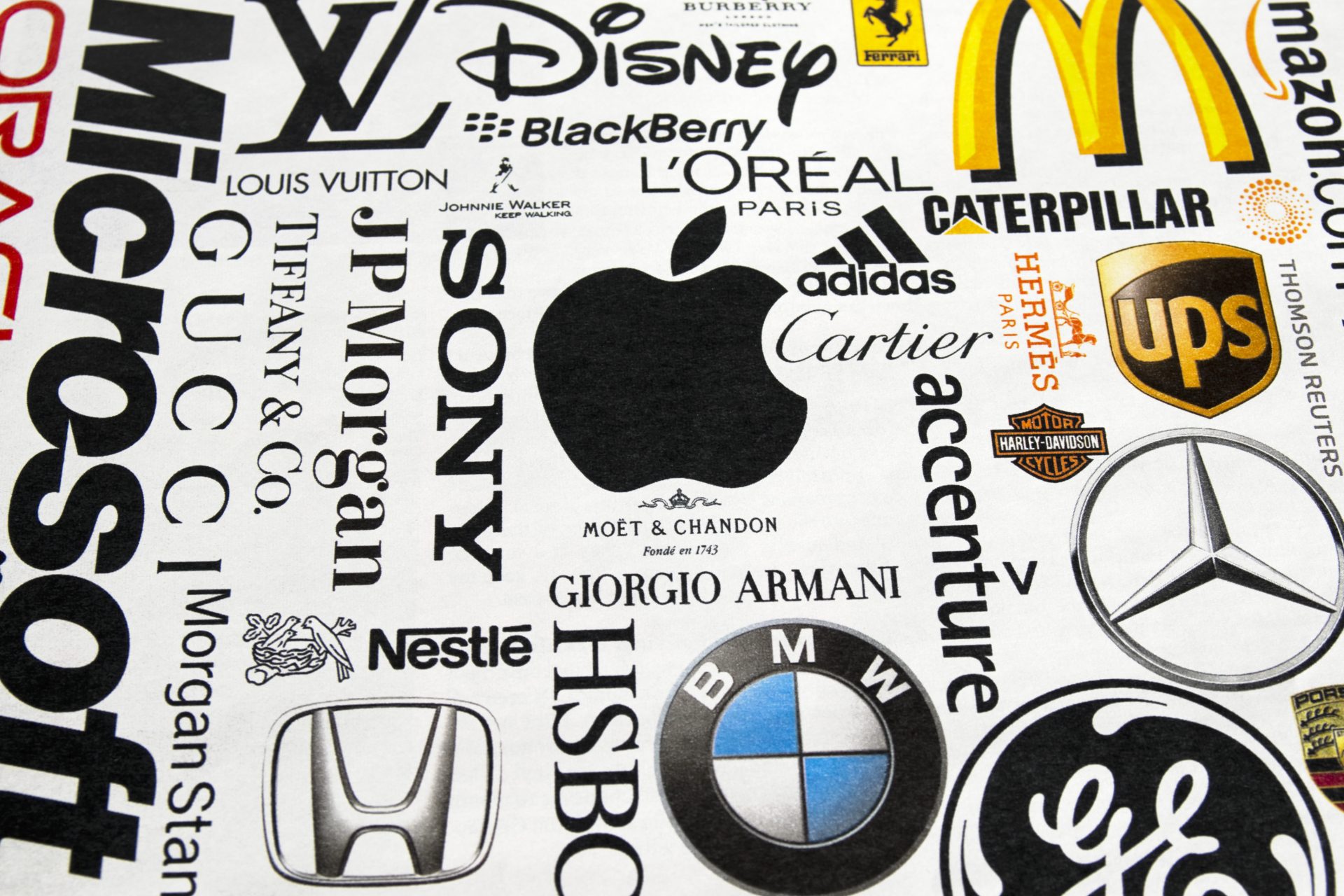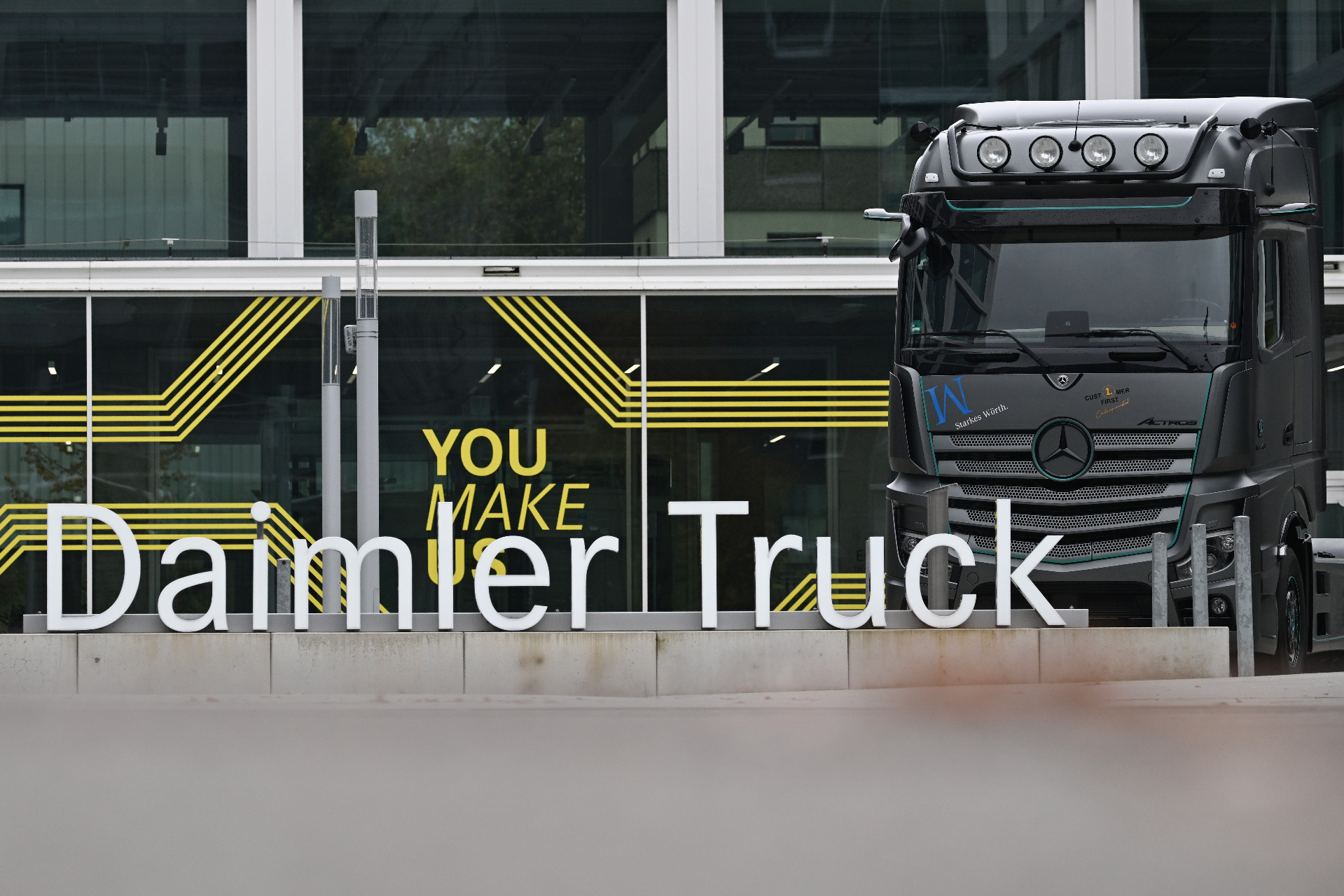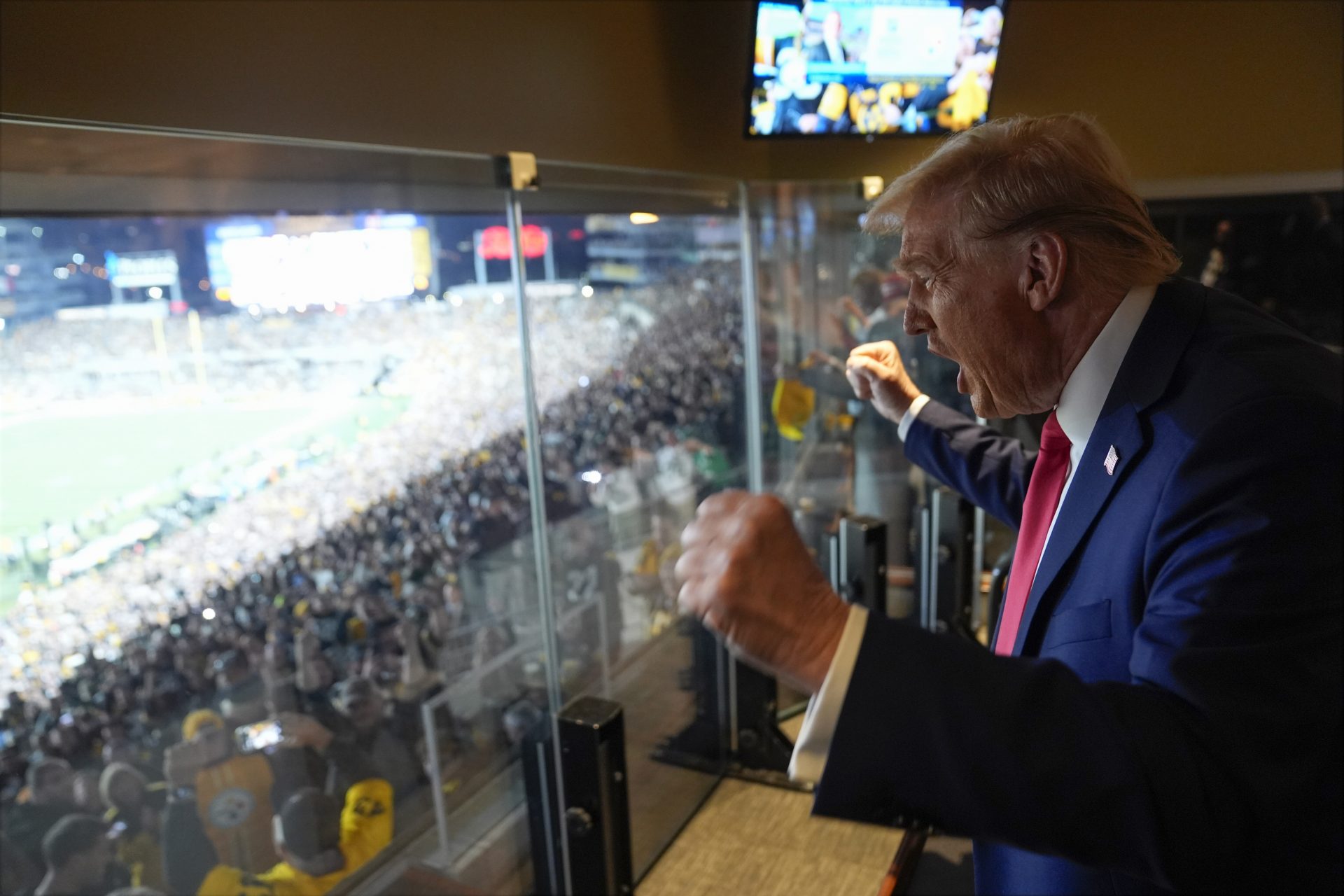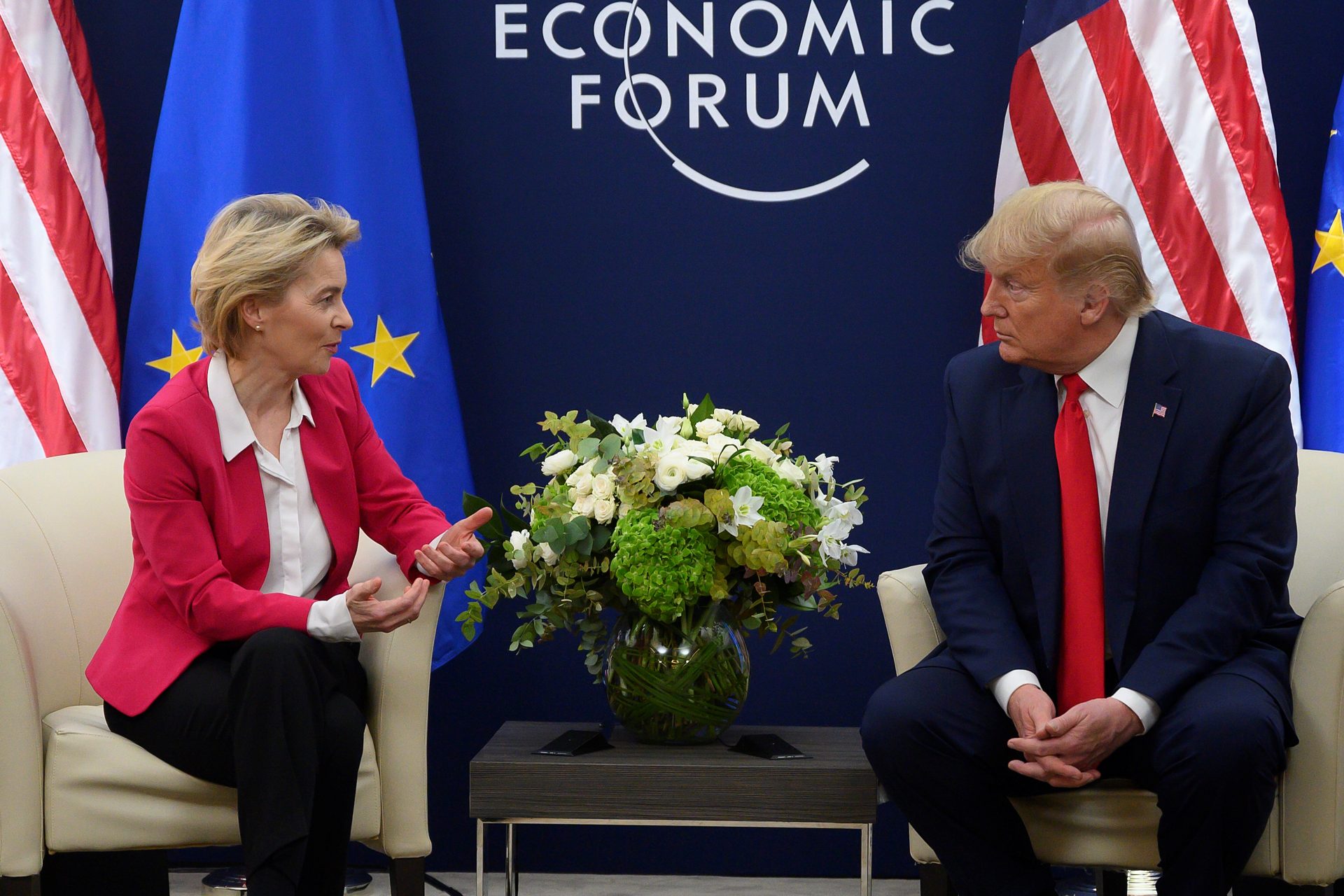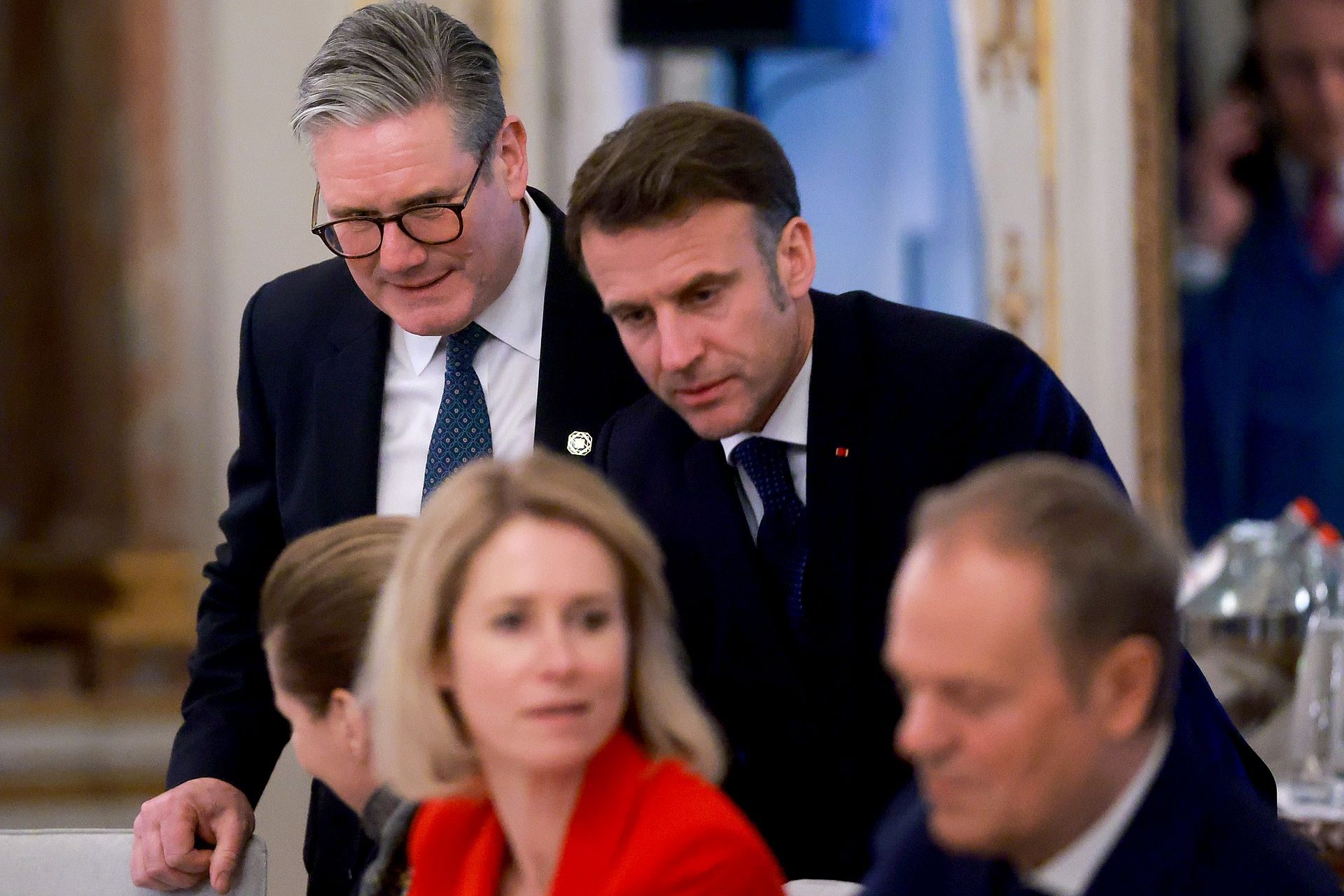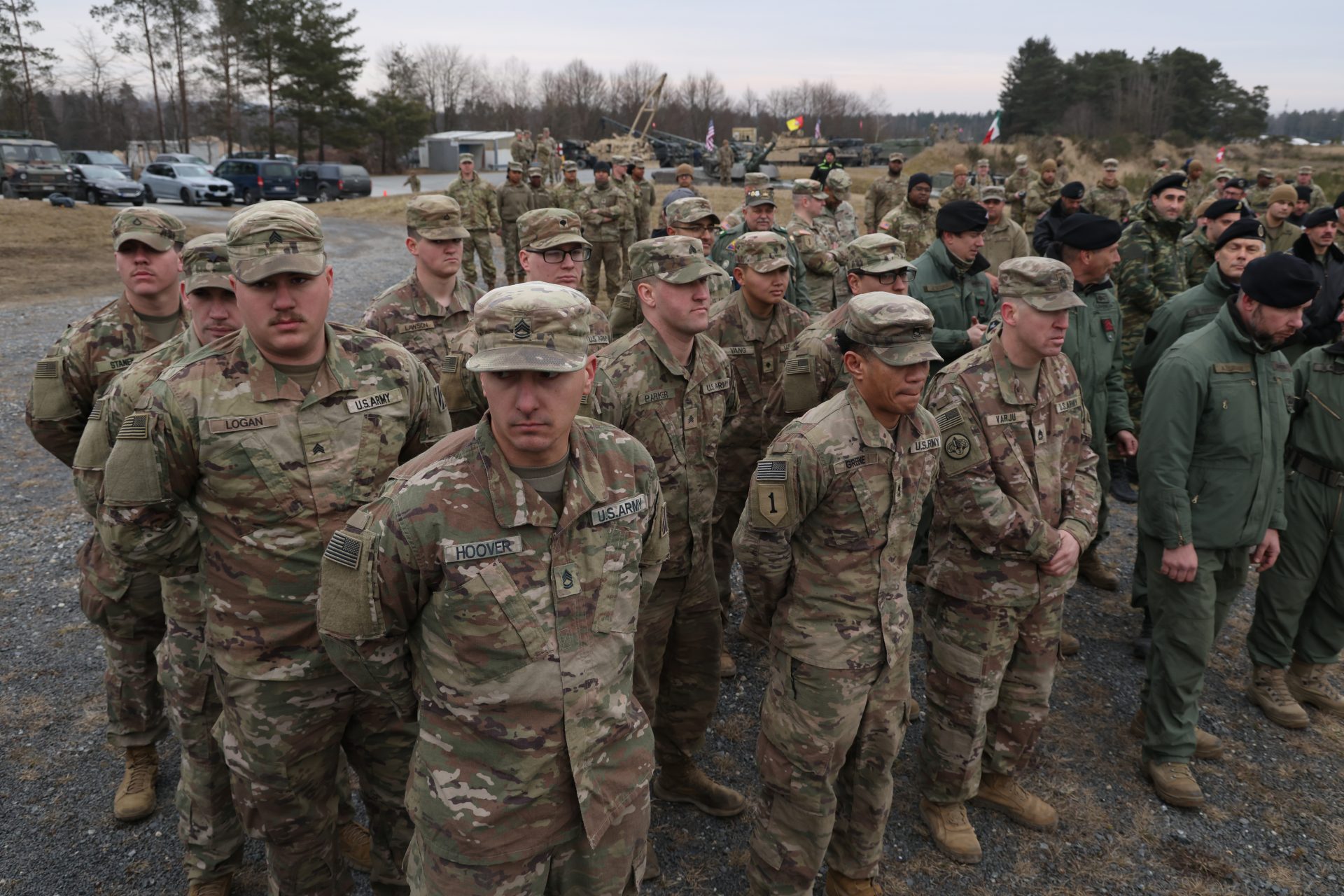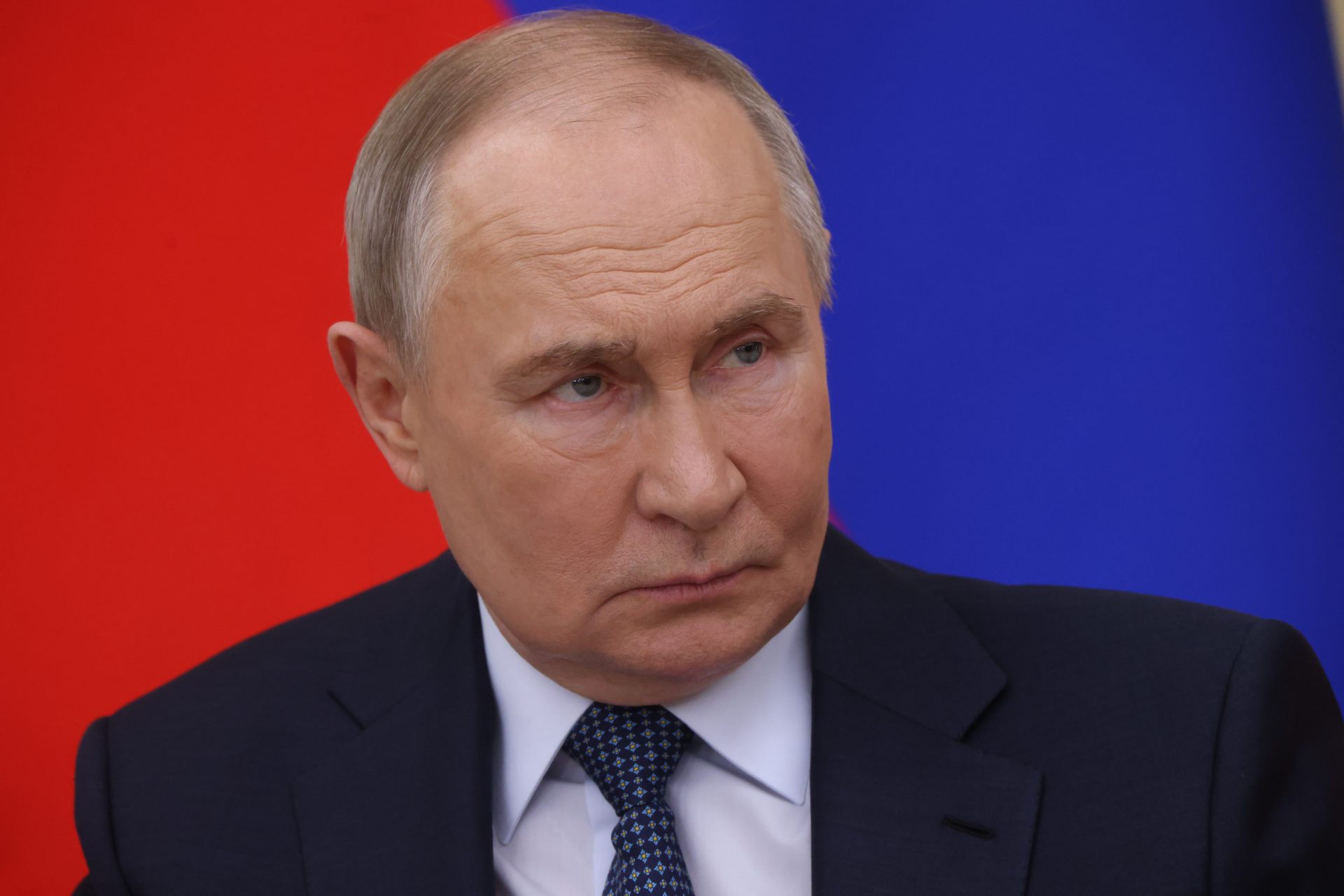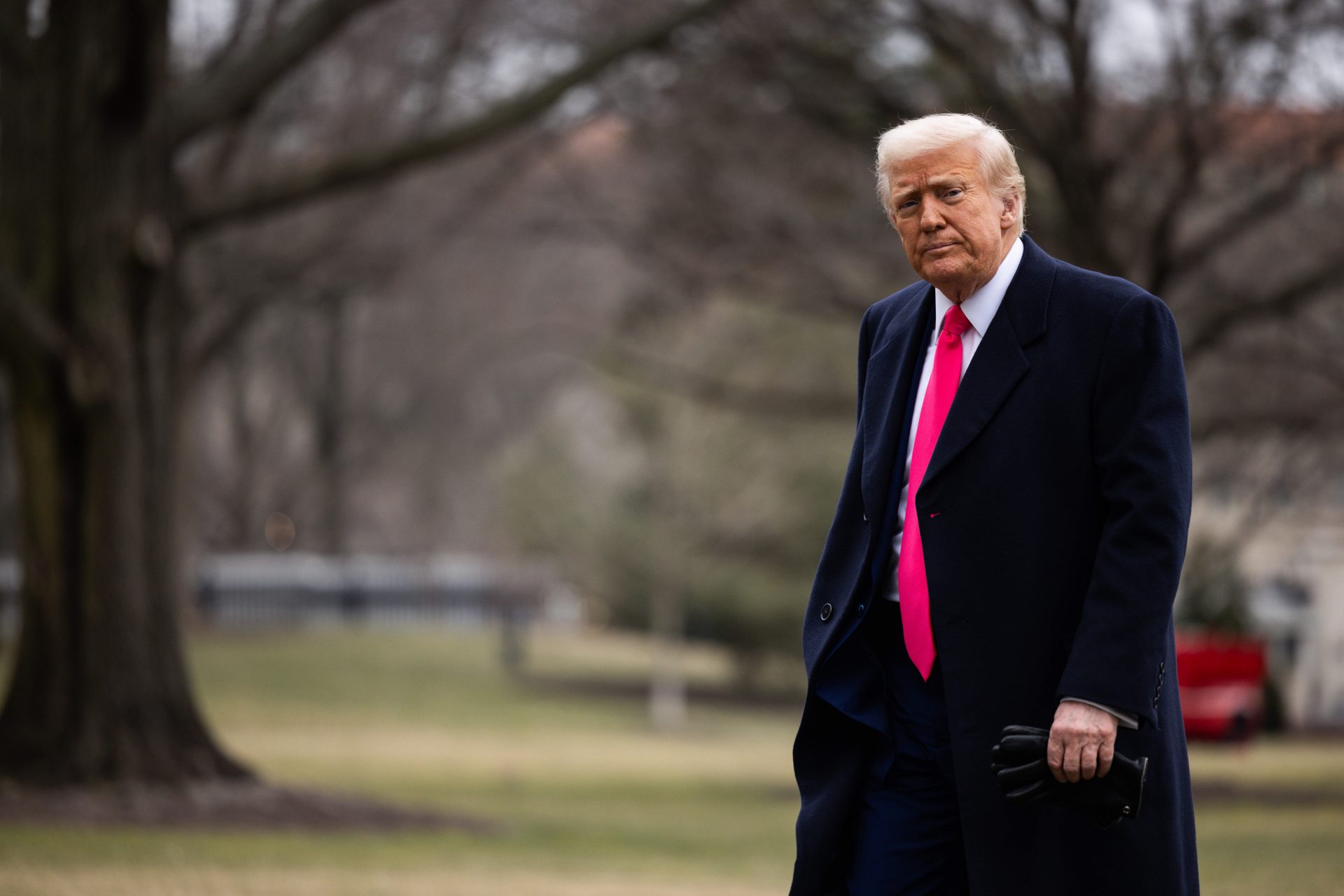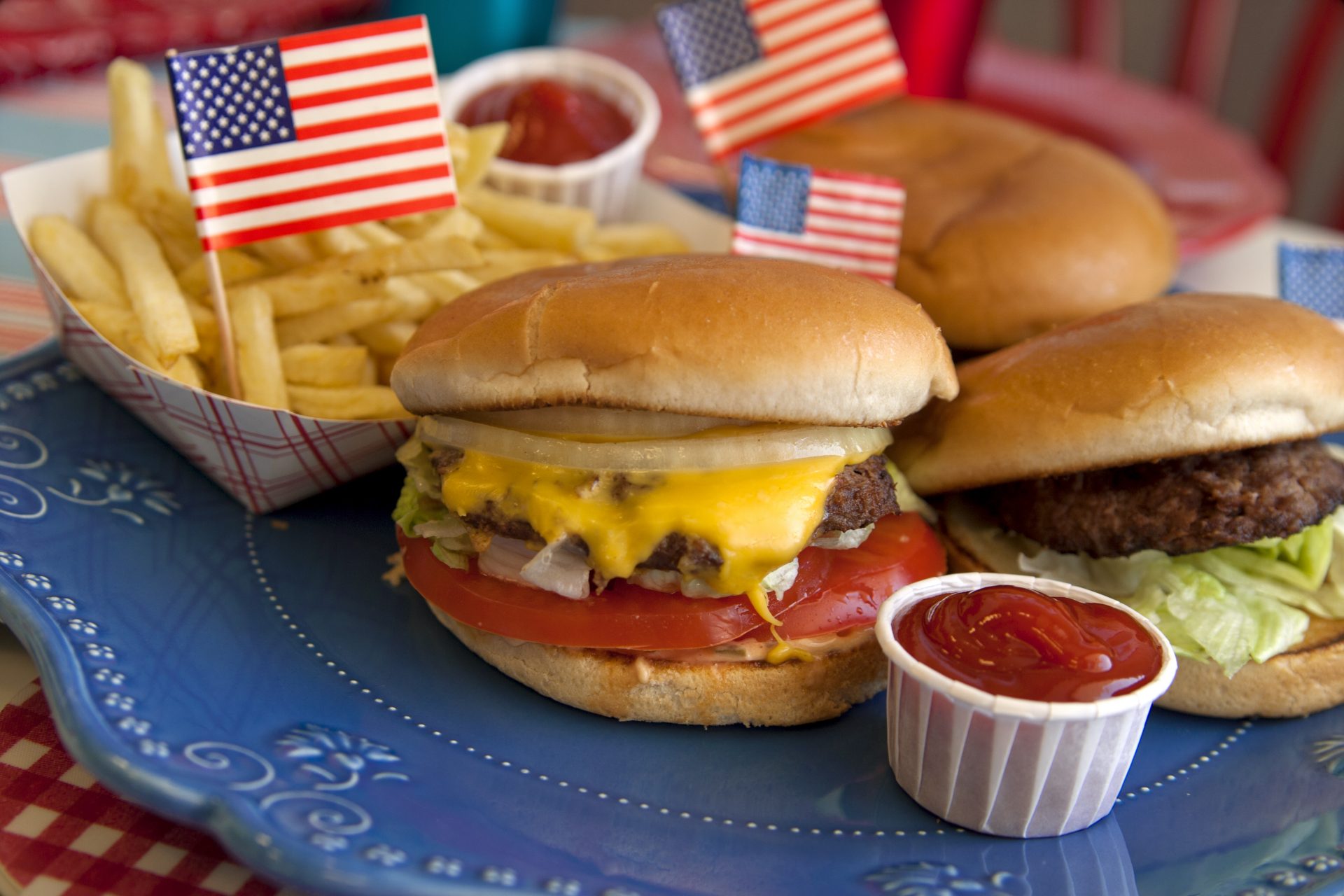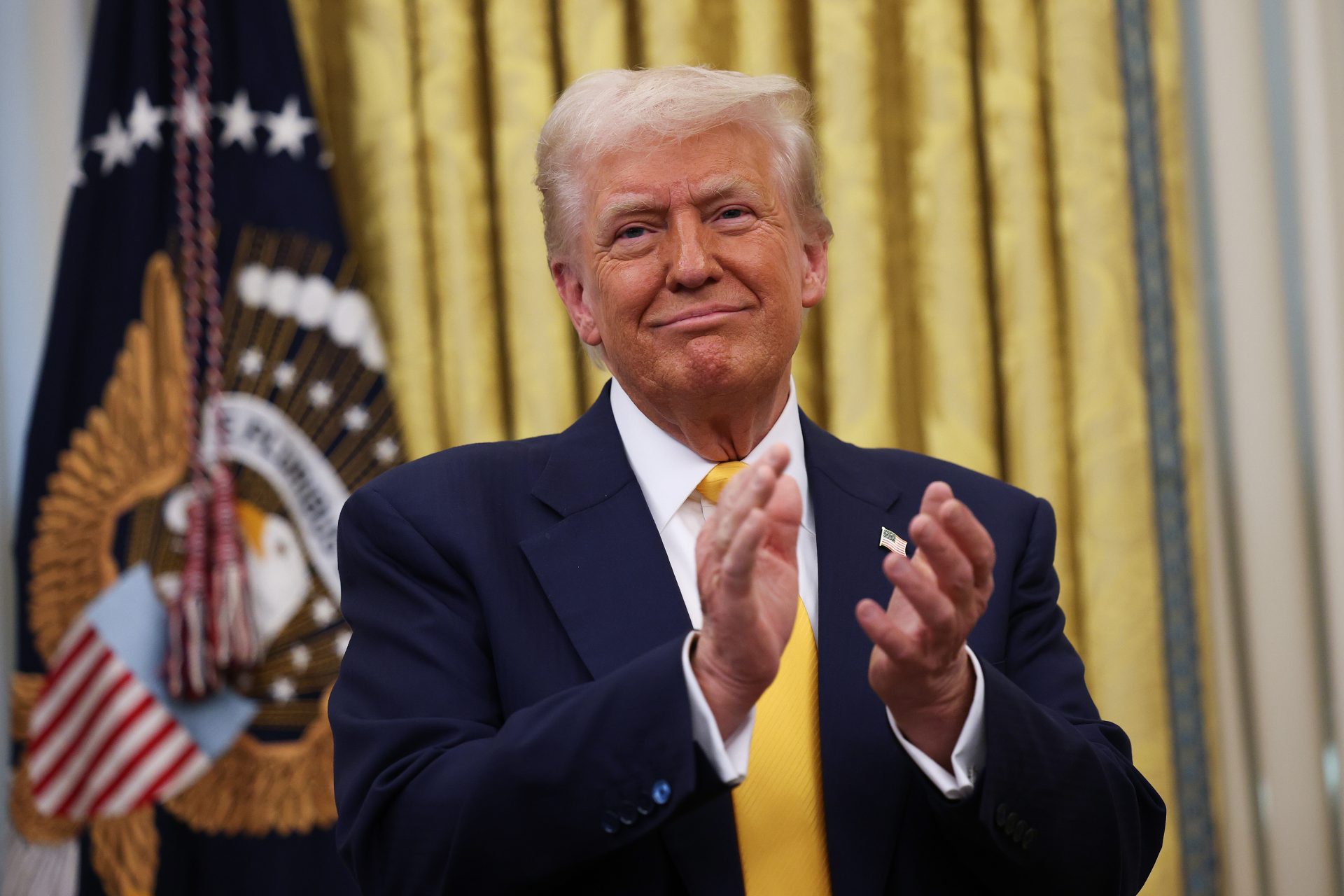Some German companies will set production in the US as tariffs loom on the horizon
There are many reasons for German companies to produce better in the USA, including a vast market with more car and appliance purchases, government subsidies, and tax credits.
For example, according to German outlet Handelsblatt, the first ovens of the premium domestic appliance manufacturer Miele will start production in Alabama in a few weeks.
Almost all major brands are already in the US, and their brands appeal to 335 million people, making the investments worthwhile. According to Handelsblatt, many German small and medium-sized companies (SMEs) are starting to move production to the country.
Handelsblatt said that 40% of the companies surveyed by the German-American Chamber of Commerce in February 2024 have a production site in the US, and an additional twelve percent plan to set one up within the next three years.
President-elect Trump is planning more tariffs and more subsidies in some areas. These manufacturers improve their chances by appearing as US companies with German technology, which is still in high demand.
According to the latest monthly report from the Bundesbank (Central Bank), German companies significantly increased their share capital in the US in the first half of 2024.
The report shows German companies' cross-border economic commitment. Meanwhile, many German right-wingers wish for similar protectionist policies, like the man in the picture holding a "Let us Make Germany Great Again" sign.
Trump's protectionist policy makes moving attractive. German business consultant Manny Schoenhuber told Handelsblatt that while previously only big conglomerates relocated to the US, smaller companies are now also inclined to do so.
In an interview with Handelsblatt, graphic film producer Orafol's CEO Holger Loclair said he had stopped a construction project in Germany and is now considering investing in the US: "Permits are rapid there, simply because everyone wants the fast settlement to succeed."
In Germany, there is panic in light of the new US president's tariffs plan. However, the leaders of many US subsidiaries of German companies are calm. They expect lower taxes, less regulation, and a thriving economy.
Chemical Production BASF's CEO, Michael Heinz, told Handelsblatt that his company produces 80% of its chemicals locally for the US market.
Daimler Truck CEO Martin Daum is also relaxed: "Our customers buy the products because they need them. No one buys a semitrailer truck to impress their neighbors," he told the outlet.
Mannheim Economic Research Institute president Achim Wambach sees opportunities: "Trump will likely increase tariffs and lower corporate taxes. For some German companies producing locally, Trump's election is good news," he told the trade journal Produktion.
More for you
Top Stories




